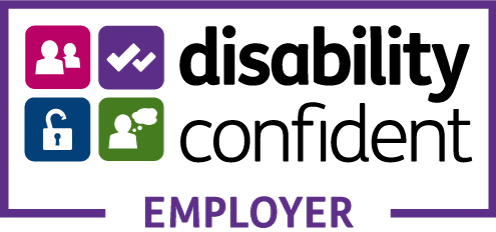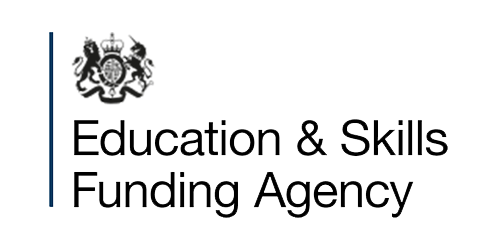WS Training is affiliated and associated with the following organisations:





Course Title: IOSH Safety for Executives & Directors
Course Overview:
The Safety for Executives and Directors course helps Directors and Senior Managers plan their organisational strategic objectives for health and safety risk management. It provides an understanding of the moral, legal and business case for proactive risk management and its integration into holistic business management systems.
Course Objectives:
Course Content: Module 1 – The moral, legal and financial case
Module 2 – Plan
Module 3 – Do
Module 4 – Check
Module 5 – Act
Assessing learners
Every participant who has completed the course should take the end-of course assessment. This consists of a personal commitment (action plan) relating to the learning on the course, in which the participant writes up to three actions that they commit to taking. Commitments should be appropriate for the level of responsibility the participant has in their organisation. The assessment must be the participant’s own work but can be supported by trainer coaching
Duration: One Day




